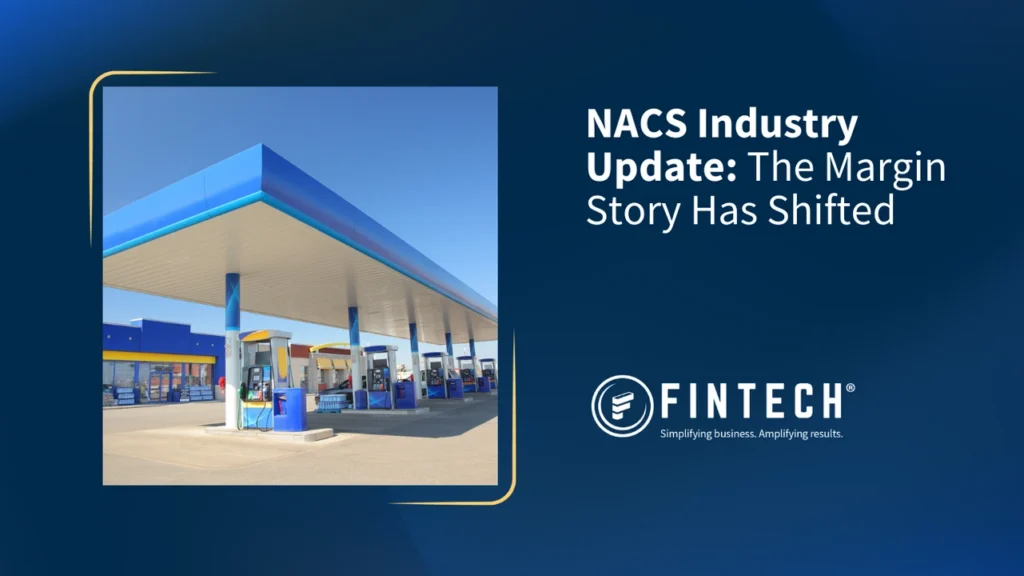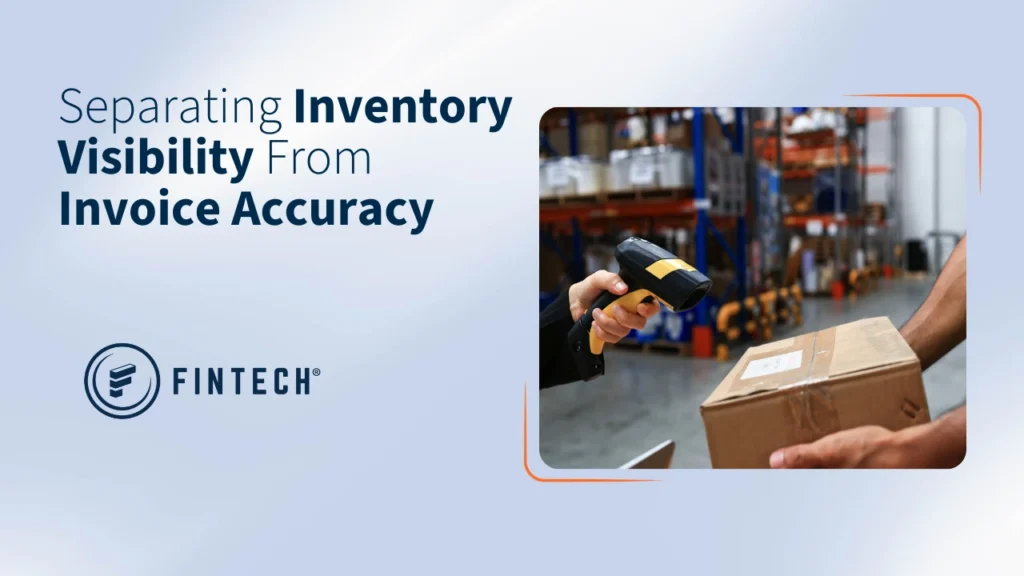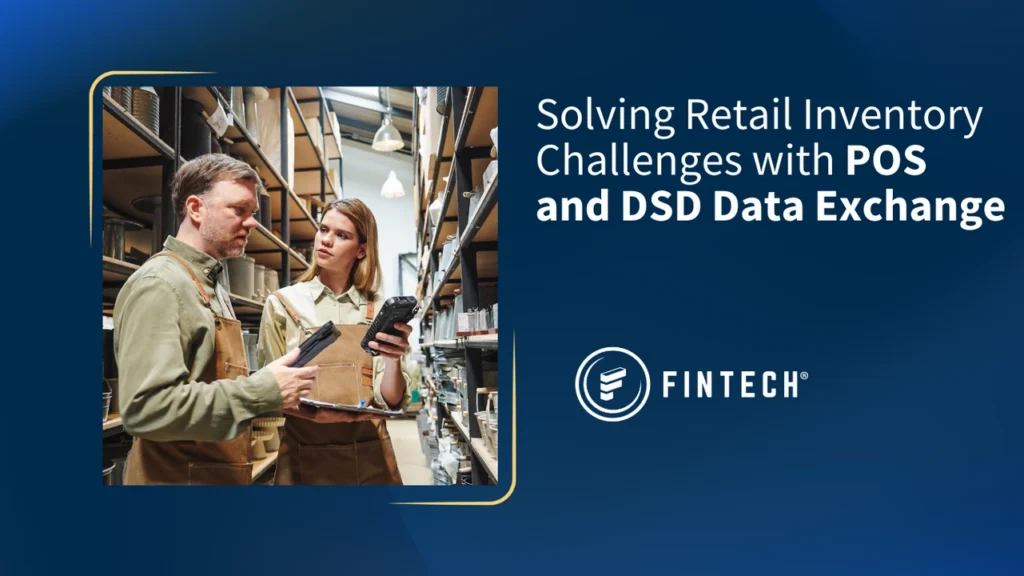Start using automated purchase orders to navigate competition and stock the right products for your shoppers.
In today’s often unpredictable grocery market, it’s imperative for retailers to implement technology solutions that not only make business procedures easier but truly enhance category management and save time and money. With the sudden increase in competition and change in customer expectations, seamless operations can make an incredible impact on profit margins. For the alcohol category specifically, grocers across the country experienced a huge change in business when the onset of COVID caused a massive pantry rush in week 12, bringing record-breaking volume to the industry. While category sales have tempered back to a more normal volume, consumers are still turning to their local grocers for everything from domestic premiums to high-end champagne.
To keep up with demand and streamline their alcohol category, retailers can turn to purchase orders (POs), or order agreements used to control the purchase of products from specific vendors. POs allow businesses to effectively track pricing (including credits), provide clear visibility into purchase amounts, ensure accurate pricing, and simplify reconciliation. By providing a transparent record of what was ordered and approved for purchase, retailers can also better understand and control inventory at each location – a practice that could prove critical at a time of increased demand.
While POs can bring clear value to alcohol businesses, grocery retailers sometimes turn away from using them for fear of increased manual efforts. But, by partnering with technology providers like Fintech, retailers can automate not just PO management, but the management of their entire beverage alcohol category. Through electronic alcohol invoice payments, grocers eliminate cash, checks, and money orders for alcohol purchases and implement a safer, more secure payment process for every single location. Beyond payments, Fintech also automates invoice reconciliation (which is further enhanced by POs) and provides online visibility into individual invoice line-items. With Fintech, POs are electronically communicated to distributors, then tied back to the correct invoice and compared to match your expected costs with the actual invoice amount – actually eliminating many of the manual processes associated with category management.
As we described above, PO management opens the door for retailers to more effectively track and govern product inventory, which could significantly impact retailers looking to find success during the times of COVID-increased competition. Before this year, consumers had a variety of options for purchasing their alcohol. Now, with many on-premise retailers facing closures, customers are seeking one-stop-shopping that fits all their needs. While they may be stopping into your location for the basics like bread or milk, they should also be able to find their favorite beer, wine, or even liquor. So, while alcohol category management still means stocking your standard products, it should also now include shelf-space for local favorites. By utilizing automated POs in combination with Fintech’s powerful alcohol data analytics, your business can more easily navigate these new inventory standardizations and ensure that the price you’ve communicated with your distributors for new products is the true cost you’re paying when it arrives on location.
Effective category management is no longer a “nice-to-have” feature for grocery stores – it’s a requirement of operating that can help stores remain competitive and relevant with their shoppers. For nearly three decades, Fintech has been automating retailers’ alcohol businesses nationwide, with one in four retailers today relying on our technology for business enhancement. Whether you use POs today or are looking to implement them for better category control, Fintech can help! Contact us today to get started.






